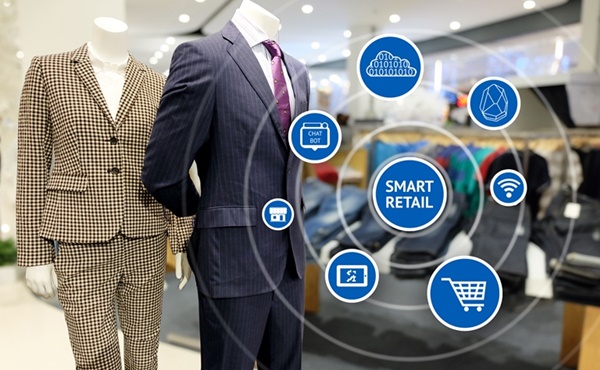Who are tomorrow’s shoppers? According to Euromonitor International, Generation Z will be the largest population segment by 2030. Unlike Generation Y, which has adapted to the technologies available, Gen Z is born into technology which makes it part of their DNA.
Emily Leung, analyst at Euromonitor International, said at a virtual presentation during the Hong Kong Summer Sourcing Weeks, that Gen Z has four characteristics that retailers need to focus on―they are digital natives, open minded, socially responsible and individualistic.
“By 2030, Gen Z are mature homemakers as they start a family at a later age,” explains Leung about the kind of families they will form.

“Gender diversity means the roles are changing while this generation will be more multicultural than previous ones and will include more than one decision maker in the family. This generation will also have relative wealth and owning a house will be one of their top priorities.”
So how do retailers target this generation? According to Leung, a retail revolution is underway and it is called AI.
“AI is the key technology. While previously the focus used to be on the device, this focus will swift to the actual technology.”

How are retailers embracing AI? For example, Echo Look helps customers get dressed and put their look together, then prompts the customer to the Amazon platform to finalise the purchase.
A grocer in Germany has installed AI powered cameras that are connected to the scales at the cash register. As soon as a customer walks passed the camera with their food and veggies it will send the data to the cash register, making the checkout process so much faster. The cameras also recognise if the customer is carrying a reusable bag from the grocer, which will be excluded from the total purchase.
Another example of using AI is a Norwegian supermarket which operates within normal business hours, however, after hours customers are still able to access the premises and do their shopping via a specific mobile app.

“Retailers need to be mindful of Gen Z and the way they spend their money,” adds Leung.
“It’s not just about the technology and its convenience, it is also about what the technology brings to them.
“Quality and value are important when buying products, as well as ethical, eco-friendly and sustainable brands. Second-hand products are also expected to boom in 2030.”
The global consumer expenditure is expected to double by 2030 to US$84 trillion.








